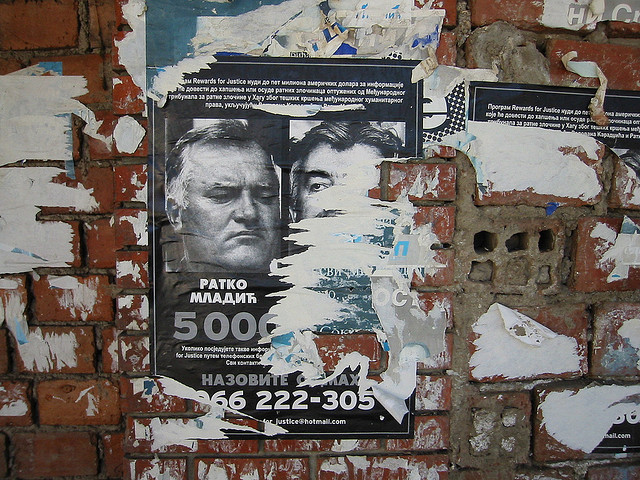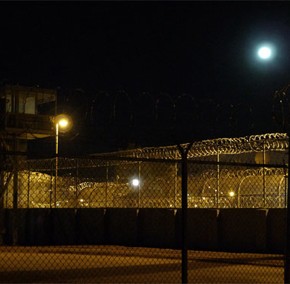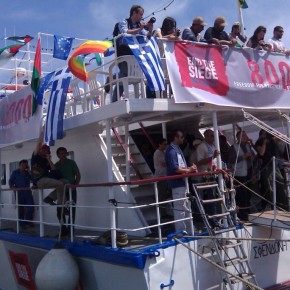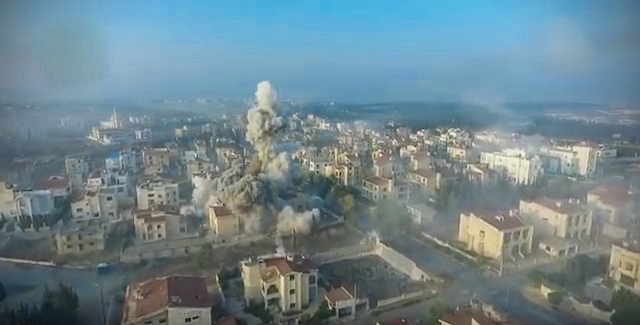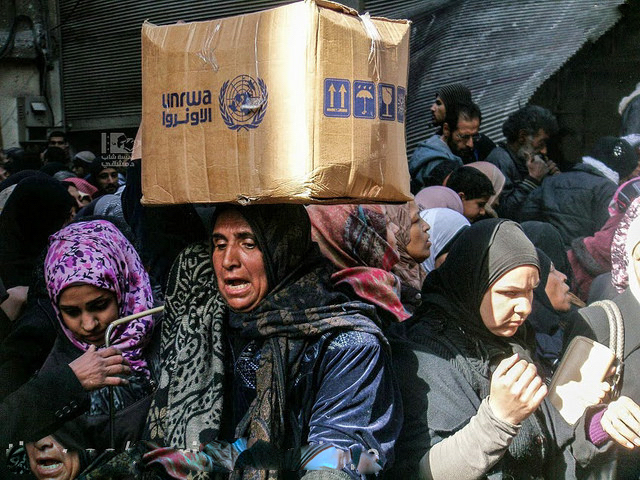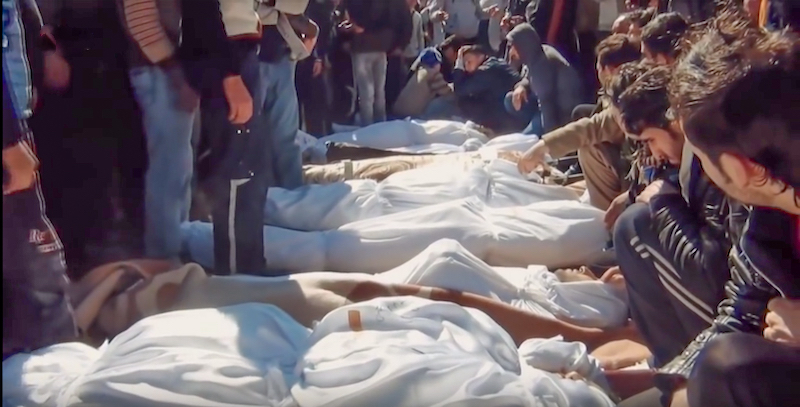The arrest of Ratko Mladic could not have come at a better time. The last surviving high-ranking war criminal of the Yugoslav civil war to be apprehended, his sixteen years at large were a constant reminder of Western Europe’s failure to achieve justice. At a time when all Europeans need to be reminded of the values that made his freedom a travesty, Mladic has the potential to inspire more than a sense of closure where the Balkan tragedy of the early 1990s is concerned.
Living openly with his family in the Serbian village of Lazarevo, Mladic has to be known to the local authorities for a long time. Clearly, some kind of deal had been cut to secure his arrest. But it was almost assuredly a price worth paying. Best-known as the Bosnian Serb commander responsible for the execution of 8500 Muslims in Srebrenica in July 1995, Mladic is an old-school bad guy, from a time when “bad guy” conjured German Nazis more than radical Islamists.
So what if he was a Slav rather than a burgher from Rostock? Mladic was simply the latest in a long line of aggrieved white European men fighting to preserve the continent from a rising tide of Levantinism. Disparagingly called “Turks” by Serbian nationalists, Yugoslavian Muslims were always considered foreigners. It didn’t matter that they were also ethnic Slavs who had lived in the Balkans for many centuries. They were as “oriental” as the Jews that Hitler’s minions sought to root out from the continent.
A stout, blue-eyed army officer, who led a war in which a hundred thousand persons were recorded killed (and almost two million displaced), Mladic was the military face of the worst violence to afflict Europe since the Second World War. Overseeing a brutal military apparatus that prosecuted its directives through familiar means concentration camps, ethnic cleansing, genocide as well as the less familiar, such as mass rape (20,000 women, according to The Economist) Mladic’s fearsome reputation was certainly well-earned.
Unless he commits suicide in custody, or dies of mysterious circumstances like his former colleague, the late Serbian president Slobodan Milosevic, Ratko Mladic will most likely be convicted of numerous transgressions, including crimes against humanity. Why shouldn’t he be? The ex-general deserves every conceivable form of punishment available under international law.
Unlike other recently convicted European war criminals, such as the near-catatonic ninety-one year old ex-Nazi John Demjanjuk, Mladic remains relatively young – he is sixty-eight – and is clearly capable of helping stage a lively legal drama concerning his culpability for the actions of which he is accused. Judging by the intense coverage Mladic’s arrest has generated over the course of the last four days (I am writing this on Sunday, May 29th following his Thursday, May 26th arrest) the value of his trial will be inestimable. A well-publicized Mladic trial would inevitably raise as many questions about the direction of European politics today, as it would help heal the wounds of the Bosnian war.
Why? It would offer us the chance to hear echoes of Serbian racism against Muslims back in the early 1990s in today’s European debates about multiculturalism, immigration, and the political meaning of Islam. The parallels are unmistakable, even though the will to prosecute the same kind of state-sanctioned violence against domestic minority populations is not. Thank Afghanistan for that.
I am not just speaking about a continental audience of the same ‘indigenous’ ethnic background as Mladic, either. Though many Europeans could use a refresher course in tolerance (witness popular support in France for last summer’s Roma deportations, for example, or recent UK polls showing rising middle-class fear of Muslims) such exercises of justice are equally binding on minority Europe, too. Consider, for a second, how many Europeans of Middle Eastern and South Asian descent might benefit from witnessing such legal proceedings.
At the very least, a successful prosecution of Ratko Mladic would communicate the idea that despite the burka bans, irrespective of the halal hysteria, some Europeans still remain committed to postwar ideals of tolerance and integration. There is tremendous value there, not to be underestimated for a fragile community marginalized by populist rhetoric about the excesses of cultural pluralism. It is exactly the sort of political outreach that wards off the Four Lions-style narrative of religious radicalization overhyped by paranoid conservatives.
Reading through the mountain of op-eds and news analyses of Mladic’s capture in the days following his arrest, I was shocked by the lack of attention paid to such larger issues. Yes, of course it was good to see a majority of journalists applaud Mladic’s capture and explain what a good opportunity this represents to help reinvigorate international law. But it was just as depressing to realize how few of them appreciated what a potential shot in the arm the trial could be for European minorities all over the continent who find themselves increasingly subject to discrimination.
Perhaps the reason such considerations remain absent from public discourse is a discomfort with acknowledging how much Western Europe has come to resemble the East since the end of the Cold War. I don’t mean in terms of income discrepancies, but in terms of a reanimation of pre-1960s prejudices against minorities. A good example is the outcome of a recent Forsa Institute survey conducted for German newspaper Der Freitag, commented on in Der Spiegel on May 12th.
According to the results of the survey, 38 percent of those polled believe Islam is incompatible with a German lifestyle, and that it is “a threat to German values.” While this is not surprising – as the Forsa study notes, it mirrors trends seen throughout western Europe – what is significant about this finding is that intolerance of Muslims in multicultural western Germany is on the verge of mimicking the pattern of prejudices more typical of the country’s less cosmopolitan eastern portion.
You simply couldn’t ask for a better example of why minorities living in Europe would appreciate the educational opportunities of a Mladic trial. He is the archetypal fascist “Easterner” whose racism, however exaggerated, foreshadowed the rise of parallel opinions in western Europe nearly two decades later. Therefore, Mladic must be put to use as a pedagogic tool, before what’s left of the West’s political value system, what Jurgen Habermas famously called “the unfinished project of Enlightenment,” has succumbed to a fear of the East that makes everyone into a de facto Easterner.
Mladic/Karadzic photo published under a Creative Commons license. Courtesy of Steffen Emrich
